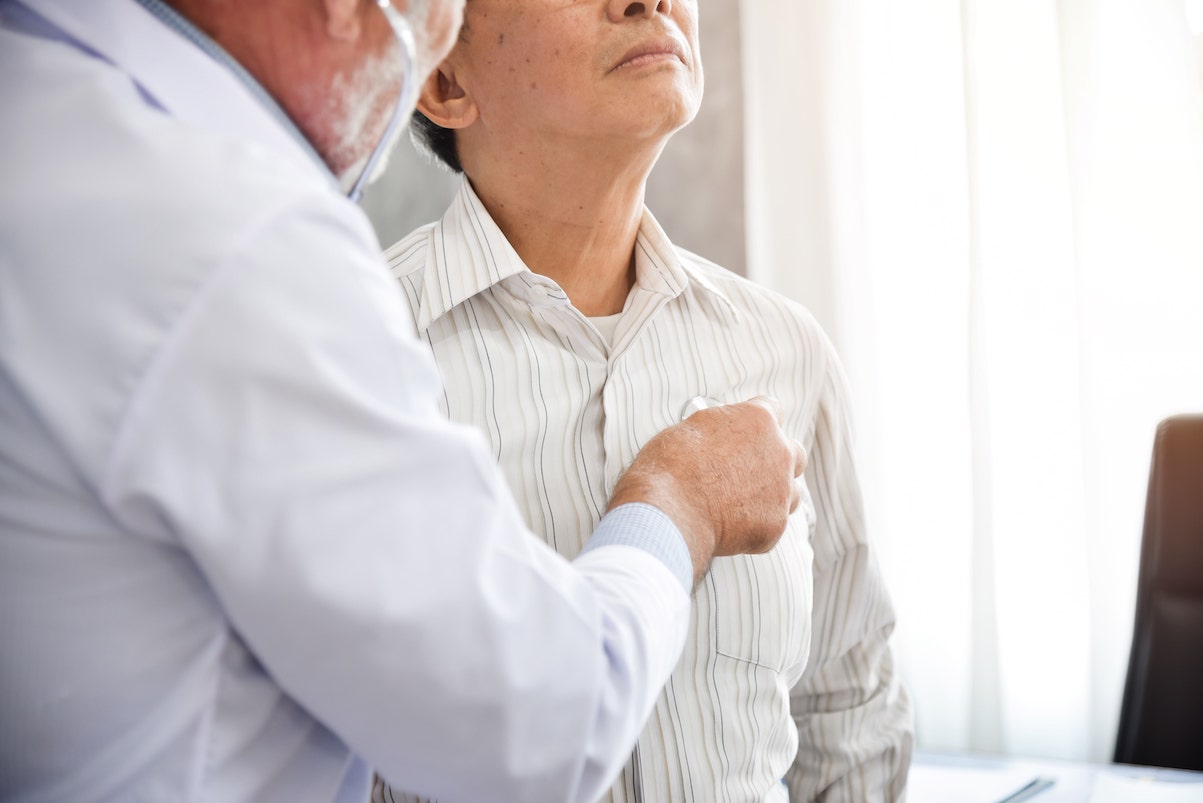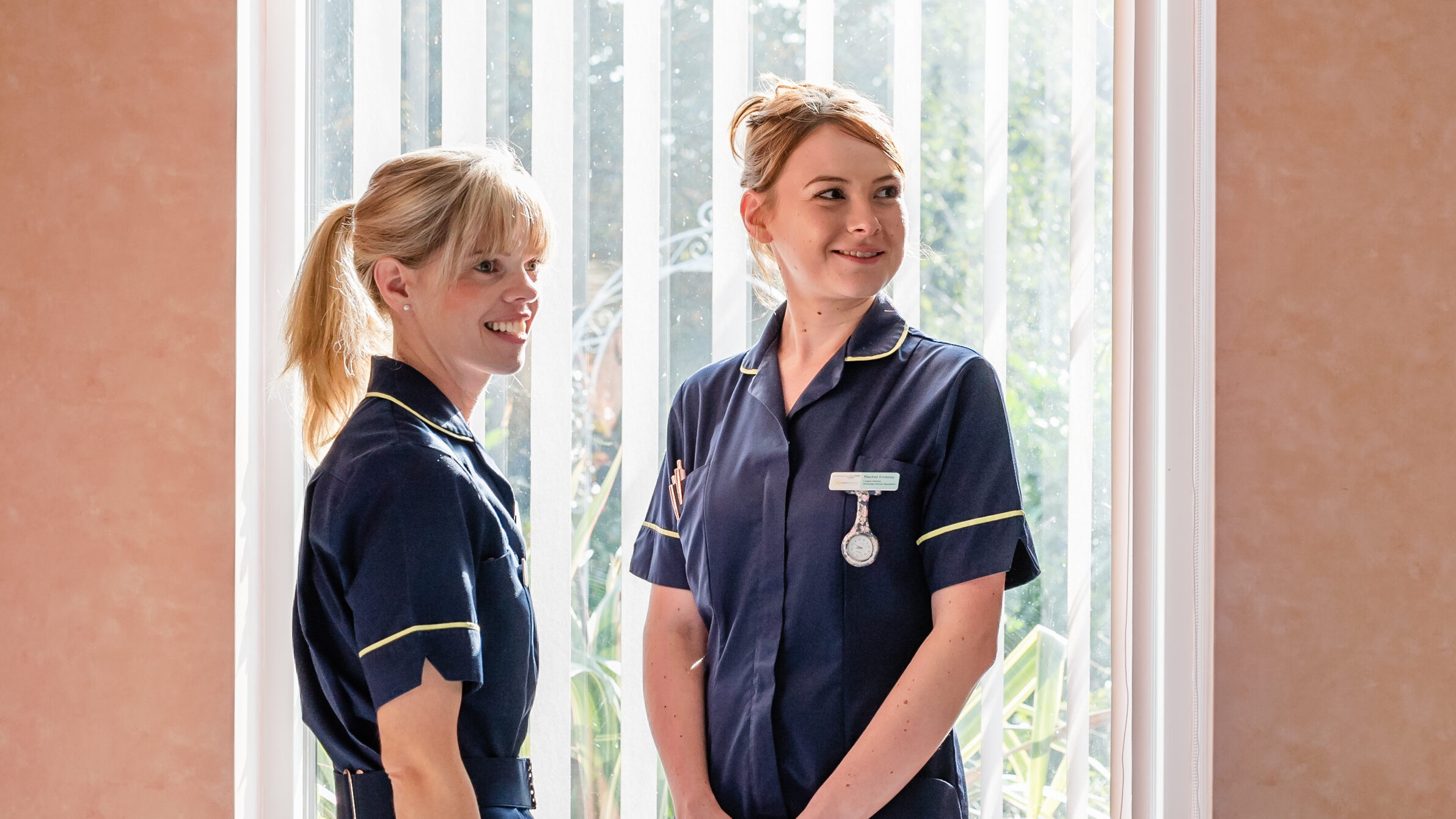Information About Lung Cancer
Lung cancer is one of the most common and serious types of cancer. Read below to find out about the risks, prevention and symptoms.

Why not join in one of our brilliant fundraising events? Find out what's coming up next here!
While anyone can get lung cancer, it has a very strong link with smoking. Cancer Research UK estimates that smoking is directly linked to 86% of lung cancers.
There are other environmental factors that can contribute to a higher risk of lung cancer, including air pollution, ionising radiation and certain substances found in the workplace, for example asbestos.
As with all cancers, we do not know what causes every case of lung cancer.
The best thing you can do to reduce your risk of this type of cancer is to stop smoking.
For information on NHS support available to stop smoking please click here.
Symptoms of lung cancer include:

There is no screening programme for this type of cancer. If you are worried about lung cancer please go and see your GP, particularly if you have any of the risk symptoms described above.
There are support groups and sources of information available if you are concerned about lung cancer. To find a local support group please go to our support directory.
Your general health and wellbeing is important. You may find that holistic therapies, counselling or social activities help you to stay well during your experience with cancer. For information on local health and wellbeing services please click here.
For more information about lung cancer, here’s some useful links:
Only 5 out of 100 people will survive 10 years or more following a diagnosis of lung cancer. Prevention is by far the best course of action to protect yourself against the disease. However, the chance of successful treatment is much higher if the cancer is diagnosed early. So please:
Go and see your GP if you are concerned- remember, you are not wasting their time!

Many people find it useful to speak to others who are going through the same things as them. There are a range of support groups in our area, some focusing on specific cancers and other more generally.
